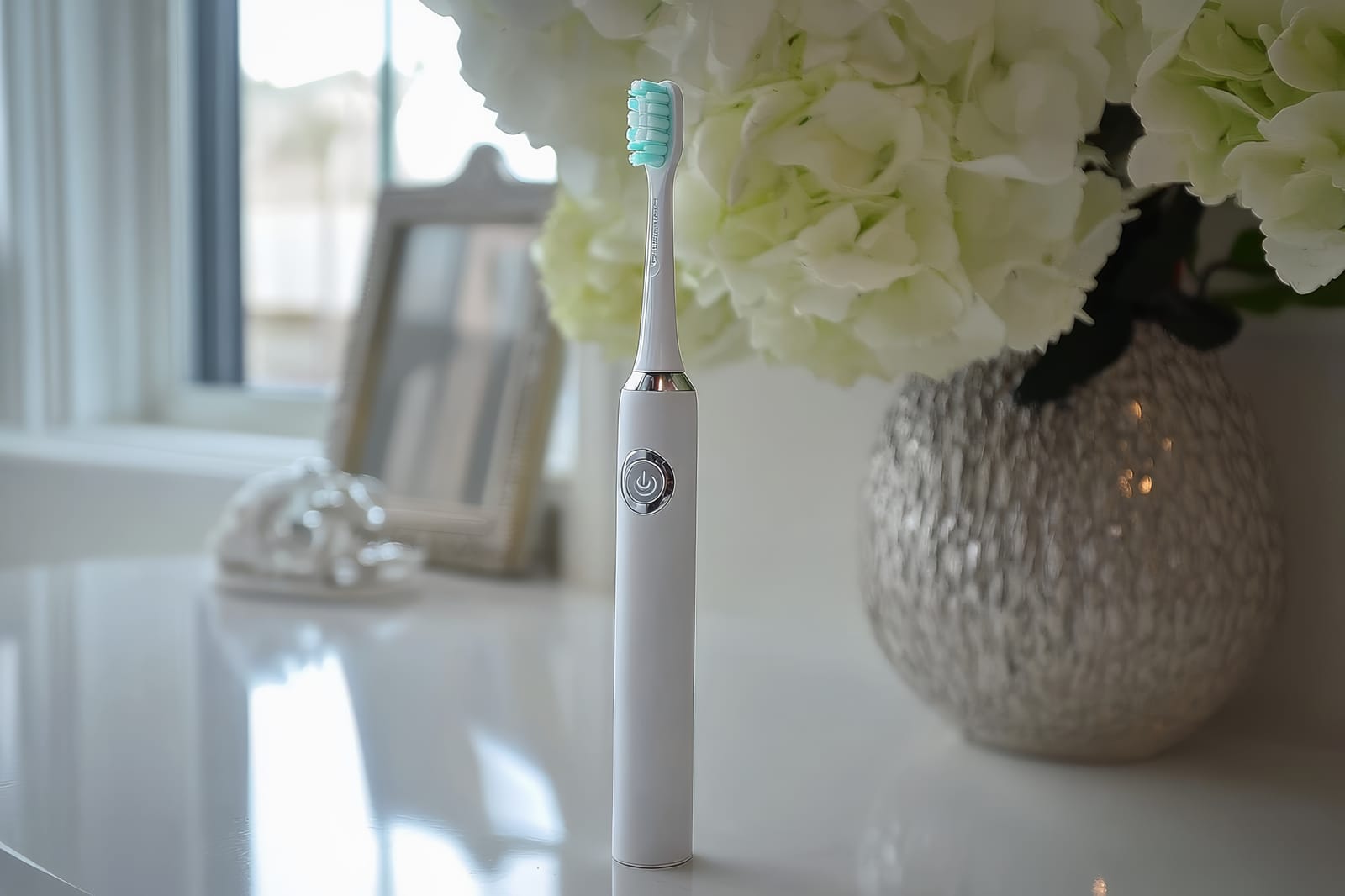Healthy Gums: What Is Periodontal Disease?

Also called gum disease, periodontal disease is an infection that can damage the gums and bones that hold the teeth in place. Gums that are healthy should appear pink and firm around the teeth. This tissue can become infected slowly, so it is important to understand the causes and symptoms of diseased gums.
Diagnosis and causes of periodontal disease
A dentist can assess gum health and diagnose periodontal disease based on the severity of the symptoms. During evaluation, a tiny ruler is used to measure the depth of any gum pockets. Healthy pockets are less than 3 millimeters deep. A dentist can look for other symptoms as well:
- Red and swollen gums
- Gums that bleed easily when flossed
- Persistent bad breath
- Shifting teeth
- Teeth discoloration
- Receding gums
- Sensitive teeth
Periodontal disease most often begins with dental plaque buildup around the teeth. However, there are other factors that can impact gum health.
Dental plaque
Plaque is a bacterial film that grows on the surfaces of teeth. As plaque builds up, it produces toxins that irritate the gums and can lead to gum disease.
Hormonal changes
Changes in hormones can make the gums more sensitive and increase the risk of inflammation. Hormonal changes may occur during puberty, menstruation, pregnancy or menopause.
Smoking
Chemicals found in tobacco products affect the flow of saliva. This makes it easier for bacteria to grow.
Medical history
Many autoimmune diseases can affect oral health because a compromised immune system enables bacteria to thrive. Diabetes, heart disease and cancer are linked to a higher risk of periodontal disease. A family history of gum problems increases the likelihood of getting it as well.
Diet and medications
Some painkillers, antidepressants and antihistamines are known to decrease saliva, causing dry mouth and increased plaque accumulation. A diet that is high in carbohydrates, sugars and starches can alter the oral pH level and increase the risk of gum disease.
Stages of periodontal disease
Periodontal disease is a common condition. Left untreated, it gradually progresses through more serious stages.
Gingivitis
The early stage of gum disease is known as gingivitis. Gums during this stage may bleed easily during brushing and flossing. Gingivitis can often be reversed with improved oral hygiene routines and regular dental visits.
Periodontitis
Periodontitis is more serious and occurs when the gums pull away from the teeth. Small pockets form between the gums and teeth and allow the infection to spread to the soft tissues and bones. Moderate bone loss can occur at this stage. Treatment involves removing plaque from the gum pockets and smoothing the roots of the teeth so the gums can reattach. Antibiotics can also be used to treat the infection.
Advanced periodontitis
When gums reach the advanced periodontitis stage, the teeth can loosen and fall out as the bone support further deteriorates. The infected gums can become prone to oozing pus. This stage may require gum surgery and tooth extraction.
Conclusion
Identifying and treating gum disease early can help prevent tooth loss. It is important that to consult with a dentist if you notice any signs associated with periodontal disease.
Request an appointment here: https://www.stgeorgedentalcare.com or call St. George Dental Care at (435) 628-9099 for an appointment in our St George office.
Check out what others are saying about our services on Yelp: Read our Yelp reviews.
Recent Posts
Having a sensitive sense of smell can be both a blessing and a curse, as nothing disrupts personal comfort more than an unpleasant odor emanating from your mouth. A common concern for dental patients is the distinct and often embarrassing "rotten tooth smell." Understanding its causes, implications, and the appropriate remedies is crucial for maintaining…
Brushing your teeth is essential for maintaining a healthy, beautiful smile, and using an electric toothbrush takes oral hygiene to the next level. At St. George Dental Care, located in St. George, UT, we're passionate about helping our patients maintain optimal oral health through modern dental practices and expert advice. Electric toothbrushes are revolutionizing dental…
When it comes to maintaining your dental health, understanding the professionals who provide care can make all the difference in your experience. The terms "dentist surgeon" and "dentist" are often used, but many people don't fully grasp the distinctions between them. Are their education, scope of practice, and services they provide the same? Which should…
Does the thought of sitting in a dentist's chair make your palms sweaty? You're not alone. Dental anxiety is something millions of people experience, but we at St. George Dental Care believe visiting the dentist doesn't have to be nerve-wracking. That's why our focus goes beyond just cleanings and checkups—we strive to make you feel…


